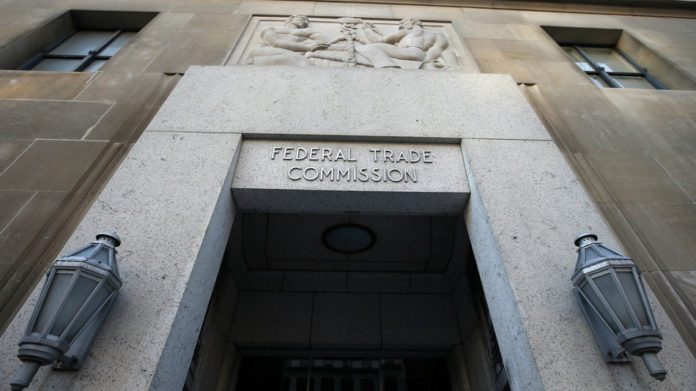Cancer charities allegedly misused $187 million for concerts and dating sites, U.S. says

Four cancer charities allegedly used more than $187 million in donations to buy cars, luxury cruises, concert tickets and even dating memberships for families and friends. It is one of the largest charity fraud accusations ever leveled in the U.S.
Law enforcement from all 50 states and the District of Columbia, along with the Federal Trade Commission, are charging Cancer Fund of America, Cancer Support Services, Children’s Cancer Fund of America and the Breast Cancer Society and some of their executives with taking money that donors had given to help cancer patients and using it to on themselves as well as their families and friends.
The money was used to give employment to friends and family as well as on “cars, trips, luxury cruises, college tuition gym memberships, jet ski outings, sporting event and concert tickets, and dating site memberships. They hired professional fundraisers who often received 85 percent or more of every donation,” the FTC said in a press release.
Three individuals — Rose Perkins, James Reynolds II and Kyle Effler — have agreed to a settlement that bans them from participating in any future fundraising activity. Children’s Cancer Fund of America and the Breast Cancer Society will also be dissolved as part of the agreement.
Cancer Fund of America and Cancer Support Services, along with James Reynolds, Sr., president of the organizations, have not reached a settlement.
“The defendants took in millions of dollars in donations meant to help cancer patients, but spent it on themselves and their fundraisers. I’m pleased that the FTC and our state partners are acting to end this appalling scheme” said Jessica Rich, director of the FTC’s Bureau of Consumer Protection, in the press release.
The “charities” used a variety of means to raise the money including telemarketing calls, direct mail, websites and even an organization meant to raise money from federal employees in an effort to make their organizations seem legitimate. They claimed to provide patients with pain medication, transportation, and hospice care, according to the FTC.
In addition to spending money on themselves, the organizations also allegedly used accounting tricks to make it seem like the company had taken in and given out more money than it actually had.
The FTC broke down the alleged fraud in an infographic.

Image: FTC
